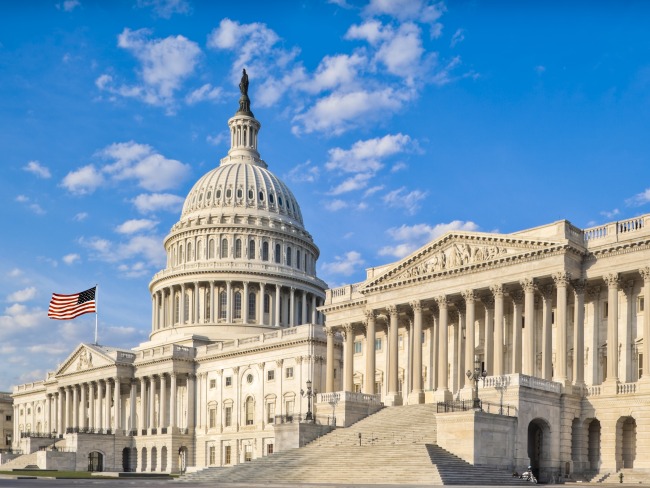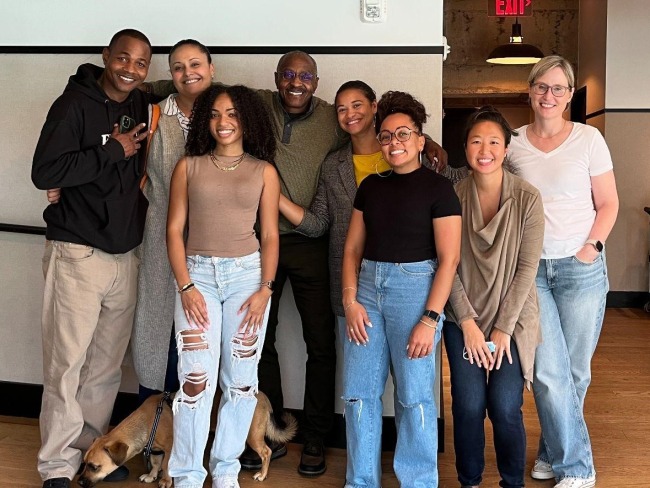
The United States is out of step with the rest of the world in disenfranchising large numbers of citizens based on criminal convictions.
Latest Reports
Over 35 Years of Fighting for Justice
We advocate for effective and humane responses to crime that minimize imprisonment and criminalization of youth and adults by promoting racial, ethnic, economic, and gender justice.
-

Key Issues
Learn more about our issuesLearn about our key areas of focus to end mass incarceration and promote racial justice.
-

Groundbreaking Research
Explore our researchExplore our trusted research on the U.S. criminal legal system. Get the data, compare state statistics, and search resources in our comprehensive digital library.
-

Fighting for Real Change
Join our fightJoin us in the fight to advance policies that are rooted in research and promote humane and effective approaches to justice for youth and adults.
-

Mission, Vision, and Priorities
Learn more about our missionSee how we're advancing a more equitable criminal legal system that promotes the full inclusion of people with criminal records and puts an end to extreme punishments.

Second Look Network
Launched in 2023, the Second Look Network is a coalition of attorneys and mitigation specialists across the country providing direct legal representation to incarcerated individuals seeking relief from lengthy or unfair sentences. We provide a safe and confidential space for collaboration, training, support, and encouragement.
Amplifying Impacted Voices

John Pace
Sentenced to life in prison as a teen, John Pace spent 31 years behind bars before a Supreme Court decision brought him home. Now, he works to assist others who are coming out of prison and adjusting to life on the outside.

Monica Szlekovics
Monica Szlekovics was forced to contribute to crimes by her abusive husband, which led to her being sentenced to life in prison at 20 years old. In prison, she committed herself to personal transformation and her sentence was commuted in 2019.

Tevin Louis
In 2012, Tevin Louis was charged with felony murder after a police officer killed his friend. In 2021, Illinois narrowed the scope of its felony murder rule, but unless it’s applied retroactively, Tevin will have to serve a 52-year sentence.

Melody Brown
When Melody Brown’s husband was murdered, she never thought she would be able to forgive the man who killed him. However, she was able to find mercy and forgiveness, and even supported the man’s release under Washington, DC’s second look reforms. Now, she’s working at a local nonprofit to support formerly incarcerated people in the District.
Amplifying Impacted Voices

Monica Szlekovics
Monica Szlekovics was forced to contribute to crimes by her abusive husband, which led to her being sentenced to life in prison at 20 years old. In prison, she committed herself to personal transformation and her sentence was commuted in 2019.

Melody Brown
When Melody Brown’s husband was murdered, she never thought she would be able to forgive the man who killed him. However, she was able to find mercy and forgiveness, and even supported the man’s release under Washington, DC’s second look reforms. Now, she’s working at a local nonprofit to support formerly incarcerated people in the District.

John Pace
Sentenced to life in prison as a teen, John Pace spent 31 years behind bars before a Supreme Court decision brought him home. Now, he works to assist others who are coming out of prison and adjusting to life on the outside.

Tevin Louis
In 2012, Tevin Louis was charged with felony murder after a police officer killed his friend. In 2021, Illinois narrowed the scope of its felony murder rule, but unless it’s applied retroactively, Tevin will have to serve a 52-year sentence.

Help End Mass Incarceration and Racial Injustice
Support our groundbreaking research, advocacy, and public education programs and help fight to end mass incarceration and racial injustice. Change needs to happen now–and together, we can make a difference.

